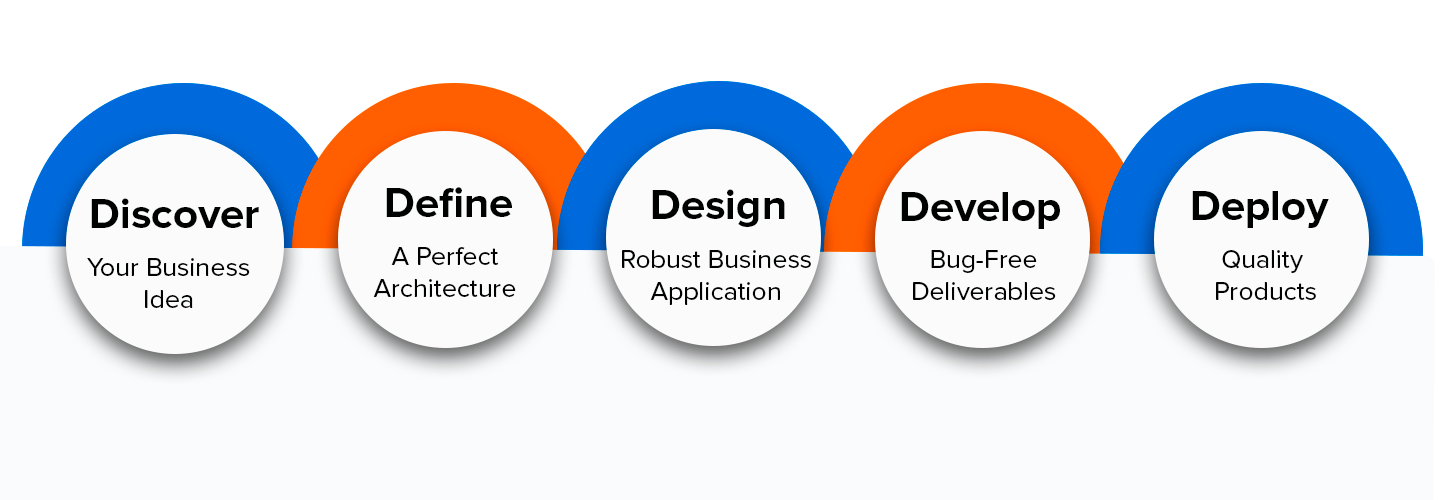Custom Blockchain Solutions for the Insurance Industry
With technology staying at the forefront of every industry, insurance is going with a rapid transformation too. Blockchain Applications in Insurance removes traditional inefficiencies and delivers transparency, automation, and security. We help insurance companies to address key challenges like fraud claims, fragmented data, and delays in the processing. So why not go for faster claims handling, lower costs, and better customer trust using a decentralized and tamper-proof framework of blockchain?
-
Faster Claims Processing
Better Fraud Prevention
-
Transparent Policy Management
Efficient Data Sharing
Exclusive Offer 👉 Experience our commitment with 100% cost-free innovation and brainstorming sessions for your product












